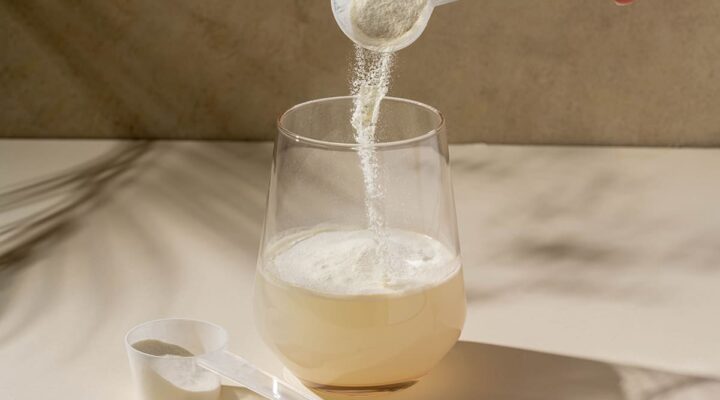Could Eucalyptus Bedding Be the Sustainable Way To a Better Night’s Sleep?
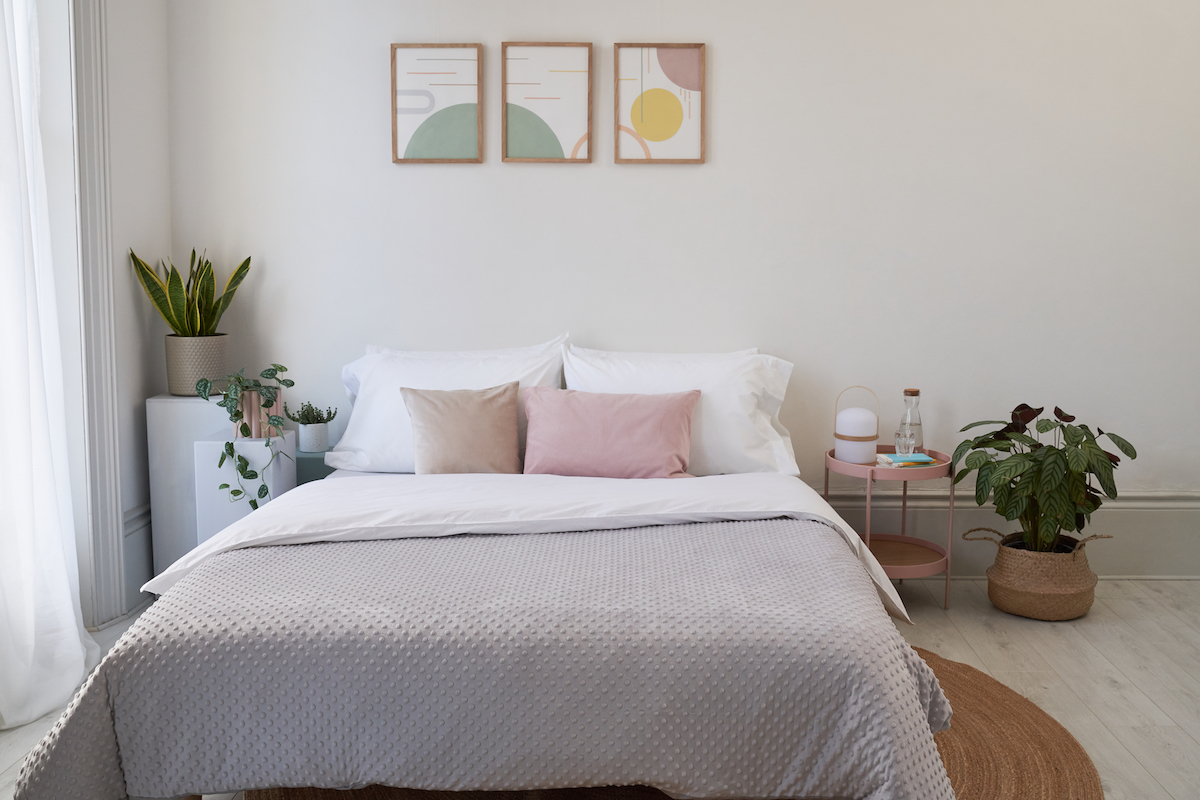
In terms of public interest and recent column inches, fashion is firmly in the lead when it comes to sustainable concerns. But the world of sustainability reaches far beyond a high street chains latest ‘eco-conscious’ line. You can now get sustainable skincare, sustainable jewellery, heck, you can even get sustainable protein powder brands (we do try our best). And now you can add sustainable bedding to that list.
Mela was co-founded by Matthew King and Samuel Hochland, who met each while studying at the University of Nottingham, and has been a pioneer in the weighted blanket market here in the UK.
Working in much the same way as you would swaddle a baby, the extra weight from the blanket applies pressure on the user to mimic a therapeutic technique called deep pressure stimulation which helps relax the nervous system.
A seminal 2008 study published in Occupational Therapy in Mental Health found that these weighted blankets can significantly reduce autonomic arousal, which is responsible for various symptoms of anxiety including an increased heart rate. Roughly 33 percent of the participants in the study reported reduced anxiety while sleeping with a weighted blanket. Other studies have also found weighted blankets to have a significant effect on reducing sleep onset time, chronic pain and the number of nighttime awakenings.
Both King and Hochland have had friends and family members suffer with anxiety, and the mental health aspect was a key reason for the pair pursuing the idea. This desire to go beyond profit and seek to make a difference led the brand into sustainable territories earlier this year when it came out with its first range of bedding made with eucalyptus.
Sustainable champions ourselves, we spoke to Hochland about sustainability in his industry, why Mela decided to make the switch and the things to think about when taking a 360 approach to helping the environment.
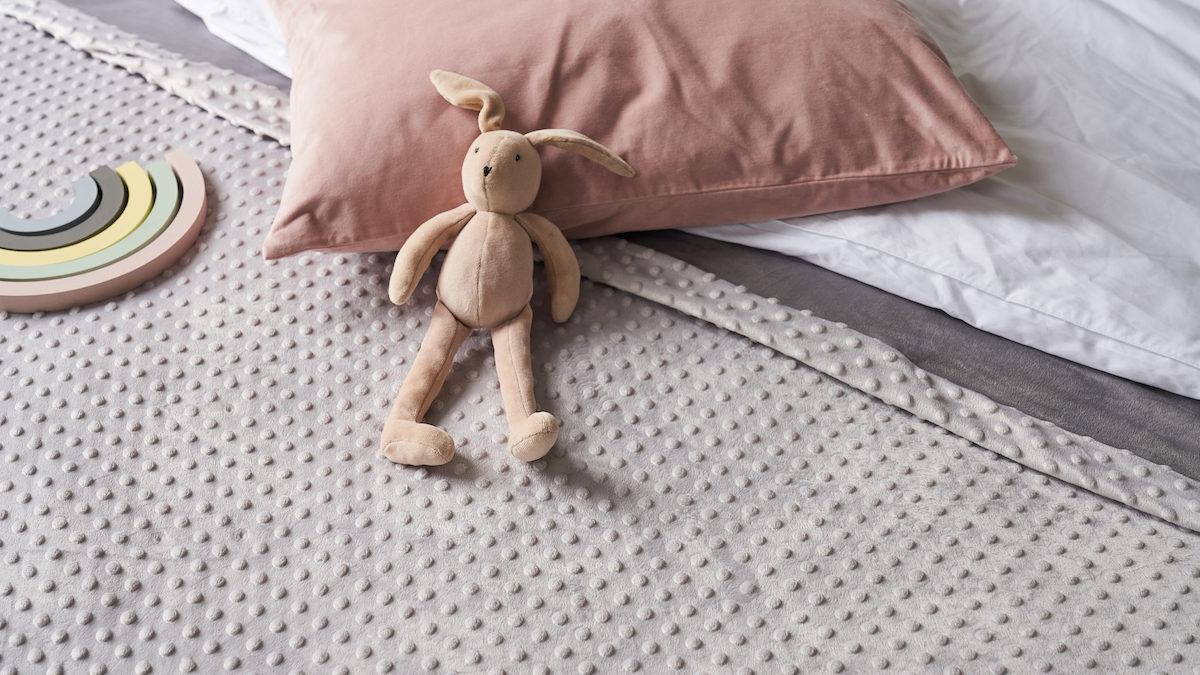
Why Eucalyptus As Opposed To Cotton?
A significant amount of water is used in the whole process of manufacturing cotton. And quantifiably, the eucalyptus fabric we use, better known as tencel or lyocell, uses 10 times less water.
Plus, there is a massive amount of harmful chemicals, dyes and toxins, that are used during the manufacturing process of cotton that often aren’t discarded safely. It’s just dumped onto the land, and then it starts to rots the earth underneath.
We still have the weighted blanket that is made from cotton, which we use up-cycled poly-fill from plastic bottles as insulation in. The eucalyptus products like the sheets and the duvet, are 100 percent eucalyptus though. Even the fill inside the duvet. Tencel is a great fabric for bedding. It feels a lot like silk and is also more breathable than cotton. It’s 100 percent biodegradable and we also use all natural dyes for the colouring. Plus no down is used, so it’s vegan-friendly.
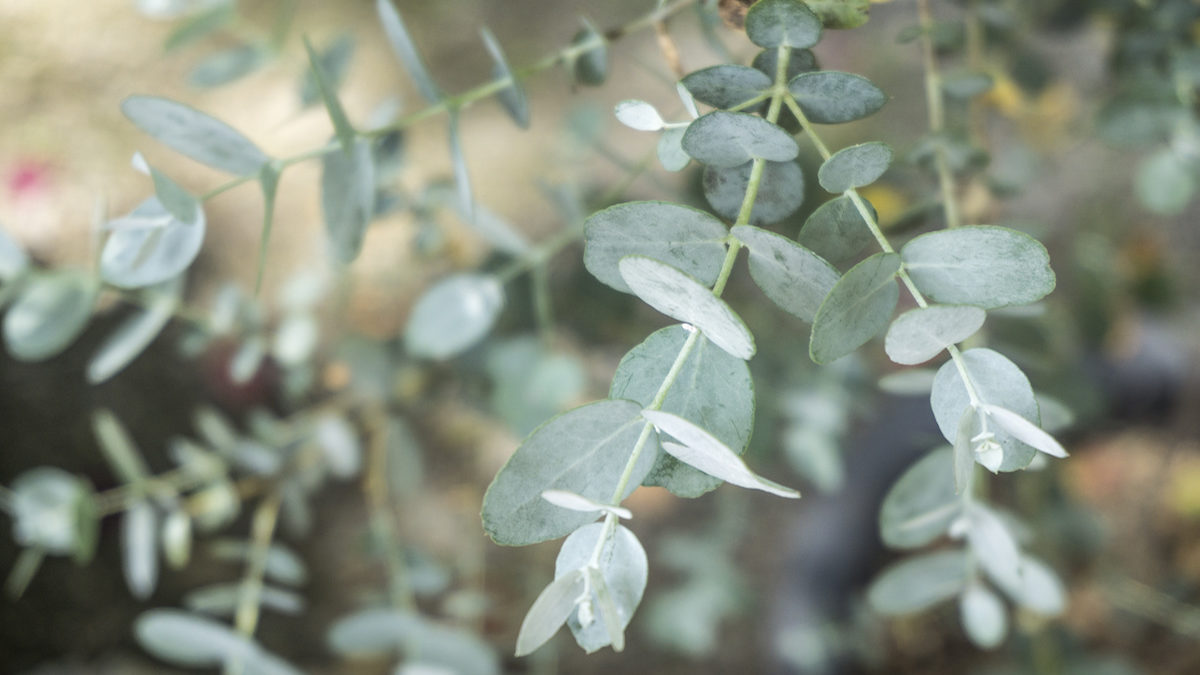
What other ways are you looking to bring sustainability into the business?
Well firstly, we’re in the process of discussing a programme where we can incentivise customers to go and drop off their used blankets at special recycling points.
We’re also speaking to a company in Amsterdam who are making an alternative, sustainable material for vacuum sealing which is made out of mushrooms. There isn’t a material that exists yet to replace plastic, but hopefully this could be the answer.
It’s an evolutionary process you have to keep refining. If we had the ability to pay extra and do it now, we would do it in a heartbeat. But unfortunately, some of the tech’s not there. But we’re working on it.
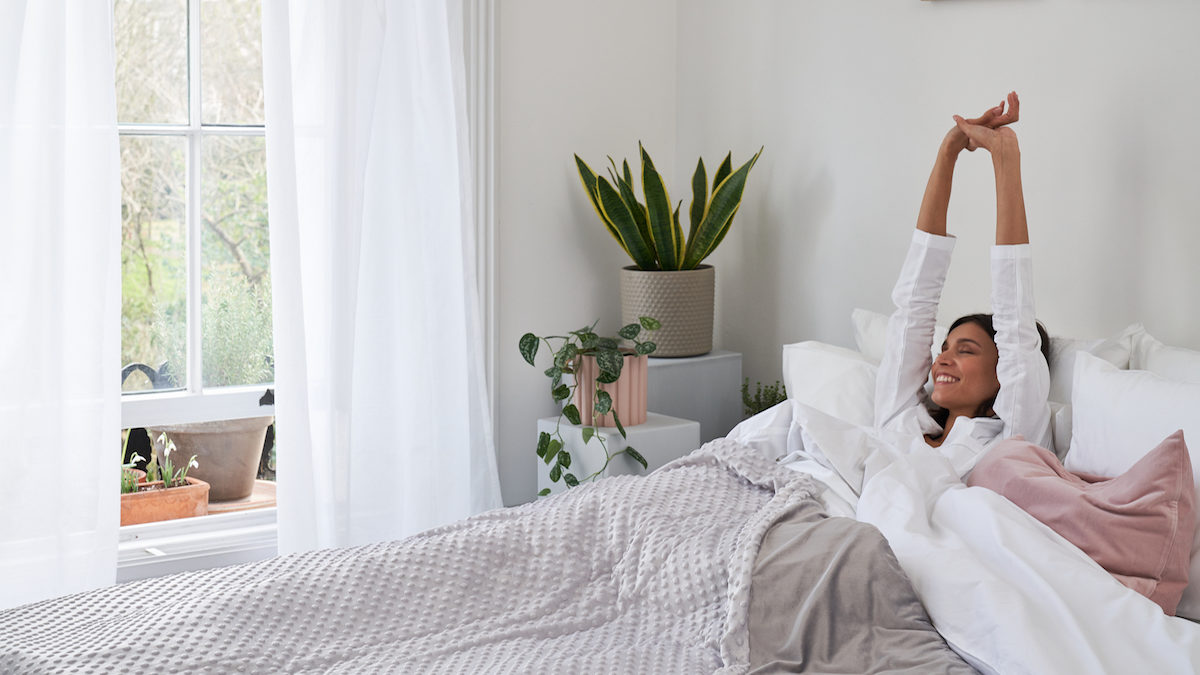
A lot of eucalyptus is sourced from Portugal and Spain, where they have destroyed huge parts of the ecosystem on the Iberian Peninsula to make way for these eucalyptus plantations. Was that part of the reasoning behind your sourcing of eucalyptus from Austria instead?
From the research that we did on the practises of eucalyptus sourcing, planting and maintenance, the environmental practise in Austria was the best that there was.
Unfortunately, we’ve not been able to visit ourselves due to COVID. But last year, we flew to China twice, to go and visit the factory, see the workers, and meet with everybody. We also hired third-party inspection companies to make sure that those weren’t just all planned warehouse visits, and that everyone was actually happy. They gave us a 30-page, detailed report about employee welfare and the practises the factory was undertaking.
There’s a lot of brands that claim to be really sustainable, but then they do next-day delivery. You need to think, if you’re going to wear that badge you really need to commit to it 100 percent. We’re not a sustainable first brand. But we try our best to be as sustainable and environmentally-friendly as possible, because that’s more important than having pretty packaging.
Form has teamed up with Mela to give away the full Form Nutrition product range along with other prizes. You can enter the competition here.




